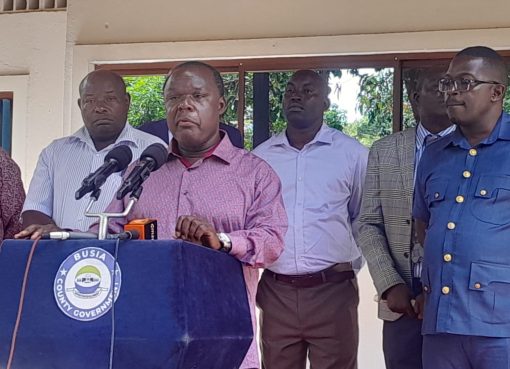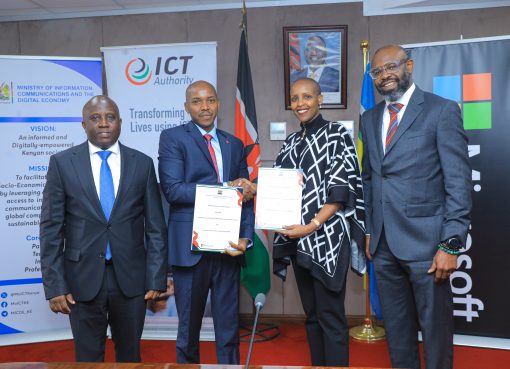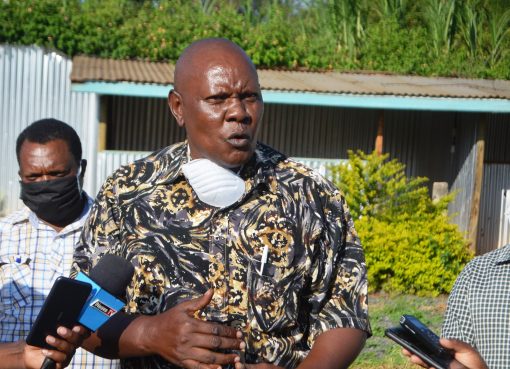Horticultural farming has been undergoing transformation and development over the years, ultimately becoming a viable agribusiness venture.
Until a few years ago, farmers preferred exotic vegetable varieties, including cabbage and kale, due to their high productivity as well as a fast-maturing trait that guarantees quick returns.
The situation has now changed, with nutritionists recommending the menus of traditional leafy vegetables because of the high nutritive value contained in the diet.
This has prompted one Joseph Olindi from Emanda sub-location in Vihiga central location to concentrate on the growing of indigenous species such as black nightshade (osuga), amaranth (mchicha), cowpeas (kunde), and pumpkin leaves (sebebe).
Olindi says he started the enterprise in 2017 after realising that indigenous vegetable varieties were disappearing in the area due to the increased cultivation of exotic species.
He reveals that the traditional vegetables do very well in the prevailing soils and climatic conditions, and he uses locally available manures to cut back on the cost of production.
“I undertake this venture for not only the financial gain occasioned by the high demand but also for the preservation of the traditional cuisine as a cultural heritage to be passed on to future generations,” he asserted.
The farmer discloses that a 50-kilogramme sack earns up to Sh. 4, 000 during scarcity, and the buyers include stall owners, hotels, and local people who purchase in small quantities.
Scientific research has shown that African leafy vegetables contain nutrients and vitamins that promote body immunity as well as lower the burden of suffering from non-communicable diseases such as cancer and heart ailments.
He is urging the national government to support agripreneurs through training programmes, the provision of credit, and the establishment of market linkages for them.
By Tony Gisairo and Sammy Mwibanda





